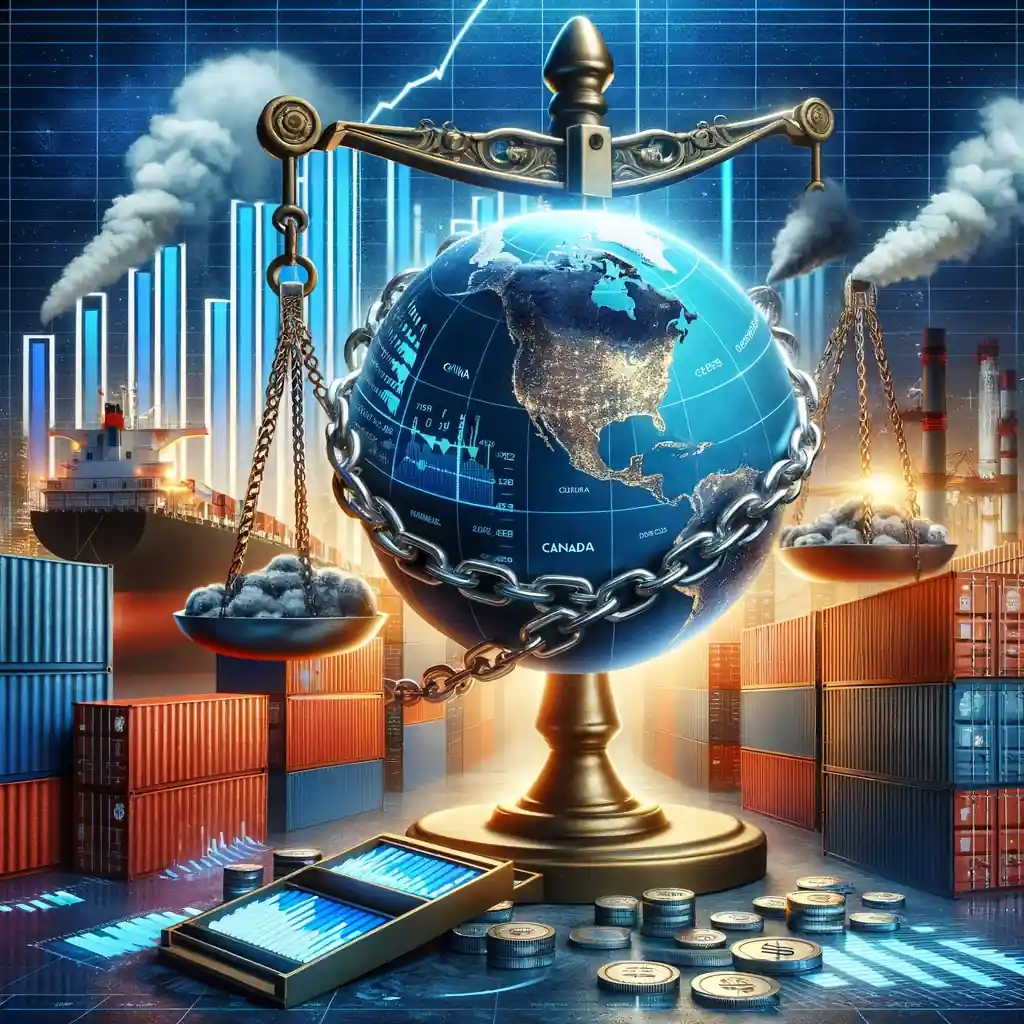Trump Weighs Economic Emergency for Sweeping Tariff Program
President-elect Donald Trump is reportedly exploring the declaration of a national economic emergency to justify imposing universal tariffs on global imports. The potential move would leverage the International Economic Emergency Powers Act, enabling the incoming administration to regulate imports during a declared crisis.
Proposed Tariffs Target Global Trade
Trump has proposed:
- 10% tariff on all global imports to the U.S.
- 60% tariff on Chinese goods.
- 25% tariff on imports from Canada and Mexico.
These measures align with Trump’s campaign promises to protect U.S. manufacturing and reduce trade deficits.
Legal Justification for Emergency Powers
By declaring a national emergency, Trump could bypass standard legislative procedures and enforce tariffs under the International Economic Emergency Powers Act. This act grants the president authority to regulate trade during a crisis.
A source familiar with the discussions told CNN, “Nothing is off the table,” signaling Trump’s willingness to use sweeping measures to achieve his trade goals.
Potential Trade Implications
The proposed tariffs could:
- Strain relations with U.S. allies like Canada and Mexico.
- Escalate trade tensions with China, the U.S.’s largest trading partner.
- Impact global supply chains, increasing costs for businesses and consumers.
Experts caution that such tariffs might provoke retaliation, leading to a global trade war and potential economic disruption.
Mixed Reactions to Trump’s Strategy
While Trump’s supporters applaud his commitment to reshaping U.S. trade policy, critics warn of unintended consequences. Economists predict tariffs could hurt U.S. consumers through higher prices and reduced access to imported goods.
Additionally, businesses reliant on international supply chains may face challenges, potentially slowing economic growth.
Next Steps for Trump’s Administration
As Trump prepares to take office on Jan. 20, his administration’s trade policies remain under close scrutiny. Declaring a national emergency to enforce tariffs would mark a significant departure from traditional trade practices, setting the stage for contentious debates both domestically and internationally.




